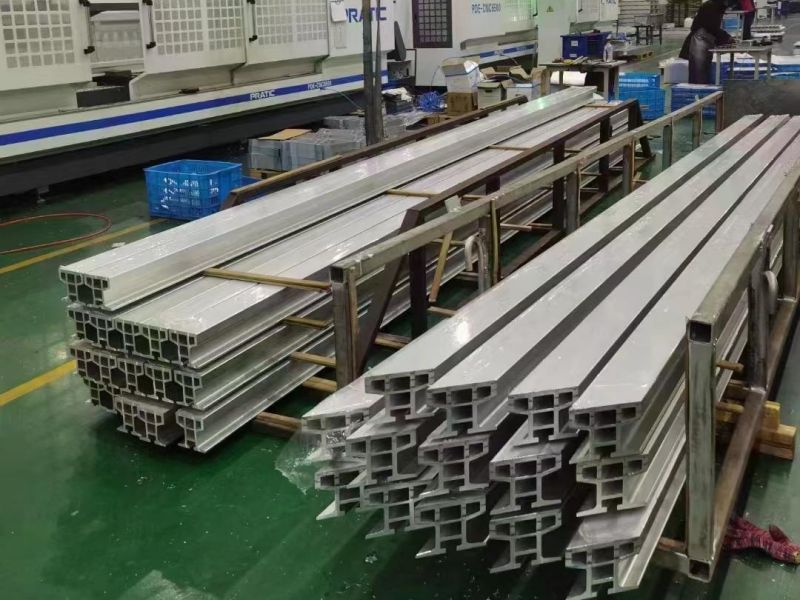Aluminum does not rust in the traditional sense like iron does, because it lacks iron, which is essential for rust to form. However, aluminum can undergo a process known as aluminum corrosion, which is quite different from rusting. This difference is crucial because while “aluminum rust” is a misnomer, the corrosion of aluminum still involves a reaction with the environment, albeit through a different mechanism.

Corrosion is a natural deterioration process due to environmental reactions. While rust specifically refers to the oxidation of iron, resulting in reddish-brown flaking, aluminum reacts differently. Instead of rusting, aluminum oxidizes. When exposed to air, it forms a thin, protective layer of aluminum oxide almost instantly. This layer shields the underlying metal from further corrosion.
Aluminum’s corrosion resistance is highly valued in various industries:
Despite its resistance, certain factors can accelerate the corrosion of aluminum:
To further protect aluminum, several treatments can be applied:
Aluminum is 100% recyclable, maintaining its properties after recycling and saving up to 95% of the energy required for new aluminum production. This efficiency makes it one of the most sustainable metals available.
While aluminum is not as strong as steel, its strength-to-weight ratio is excellent, making it indispensable in industries where reducing weight is essential.
Aluminum cookware is safe, widely used due to its excellent heat conductivity and corrosion resistance. However, cooking acidic foods in aluminum can cause leaching.
Different grades of aluminum offer various properties:
Aluminum does not rust and offers superior corrosion resistance, making it an ideal choice for a multitude of applications. Its lightweight, durability, and sustainability make it a valuable material across various sectors.
For those in need of reliable aluminum supplies, Huaxiao Metal, a professional metal supplier from China, offers a comprehensive range of high-quality aluminum products tailored to meet diverse industrial and commercial needs. Huaxiao Metal is committed to delivering excellence, ensuring their clients receive the best possible products and services.
This comprehensive approach to quality and customer satisfaction establishes Huaxiao Metal as a trusted leader in the global metal supply industry.
Aluminum does not rust in the traditional sense that iron does. Instead, it undergoes a process called oxidation. When aluminum is exposed to the atmosphere, it reacts almost instantly with oxygen to form aluminum oxide, a protective layer that is very hard and helps prevent further oxidation. Therefore, in terms of forming iron-like rust, aluminum does not rust at all.
Aluminum does not rust easily since it does not contain iron. The aluminum oxide layer that forms so quickly and naturally on its surface protects it from further corrosion. However, under certain conditions, this protective layer can be compromised, leading to what is known as aluminum corrosion.
Leaving aluminum outdoors exposes it to the elements, which can lead to corrosion over time, especially in harsh conditions such as marine environments with high salinity or industrial areas with a lot of environmental pollution. Despite this, aluminum’s natural oxide layer provides significant resistance against the elements, making it a durable option for outdoor use.
Several factors can contribute to the corrosion of aluminum:
The lifespan of aluminum outdoors depends significantly on the environmental conditions and whether it has any protective coatings. Generally, aluminum can last upwards of 10-20 years in harsh environments and even longer in more temperate climates due to its robust nature. With proper treatments such as anodizing or painting, its lifespan can be extended even further.
To ensure aluminum maintains its integrity and appearance when used outdoors or under potentially corrosive conditions, several preventive measures can be taken:
If you found this article good, feel free to share it on your other social media platforms.
Copyright@2023 Huaxiao Metal Corporation Limited . All rights are reserved
WhatsApp us
Feel free to contact us!
If you need our products, please leave us a message with the specific specifications and quantity through the window on the right!
Reply within 24 hours